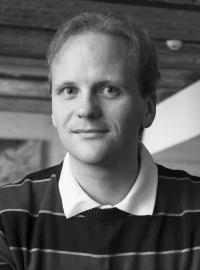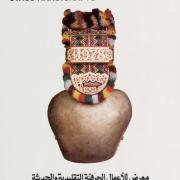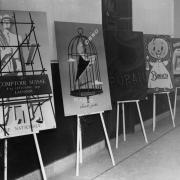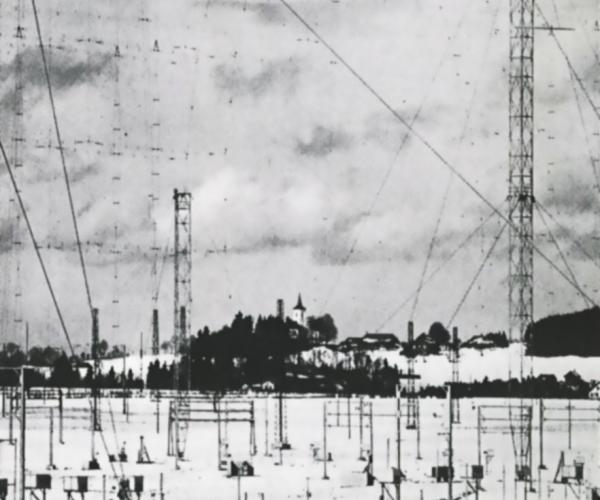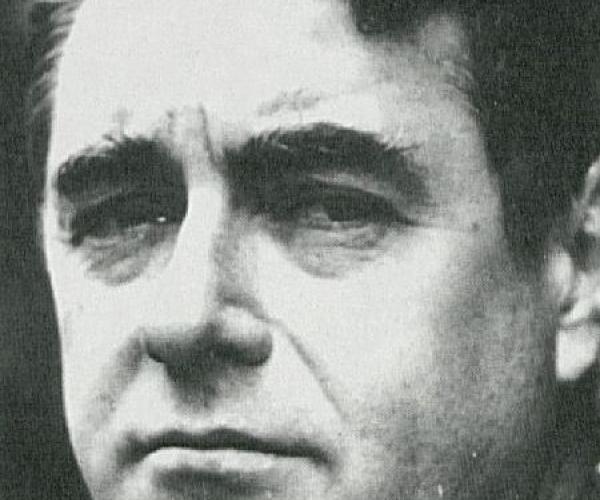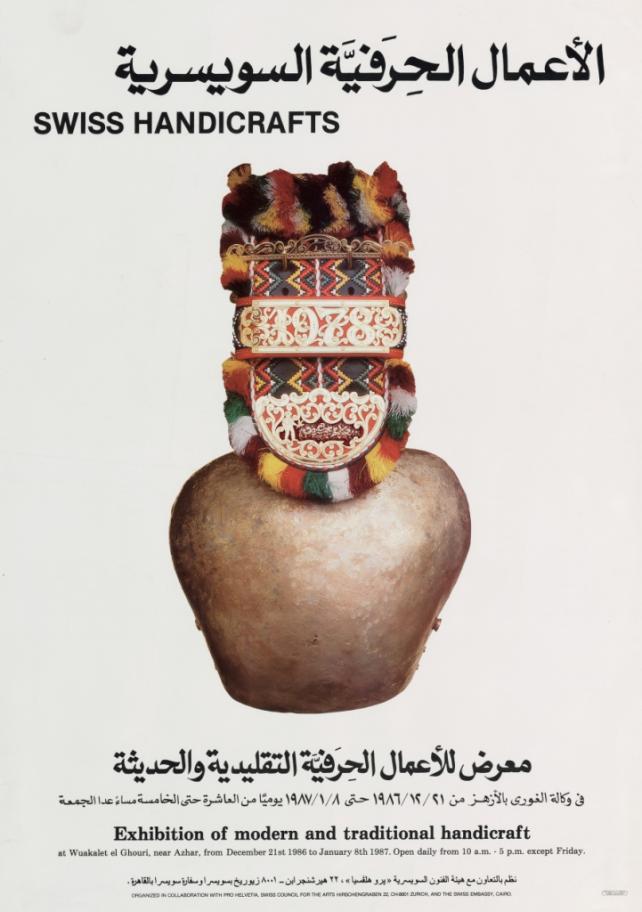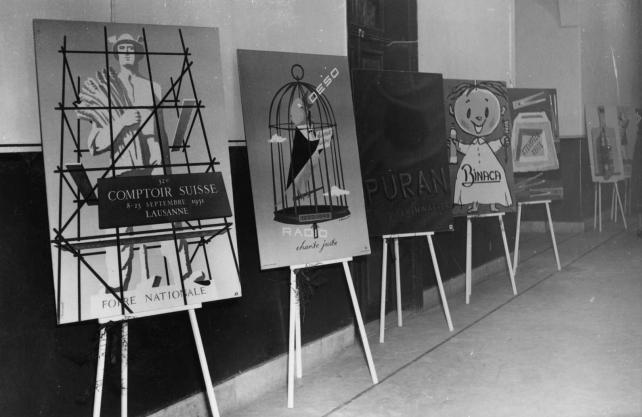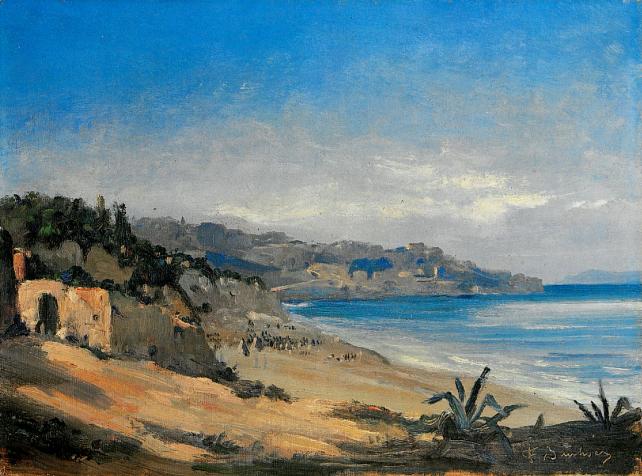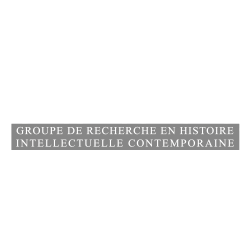Arabia discovers the land of eternal spring
In October 1977, in an article entitled Eight Days in the Land of Eternal Spring, a reporter from the newspaper Al-Gezirah, published in Saudi Arabia, did not hide his enthusiasm for the Swiss landscape: Switzerland is the green heart of a green Europe. [A sight] apt to turn you into a poet composing the most beautiful poems suffused with tenderness and youthful enthusiasm. You simply fall in love with all the beautiful things in the world and the view of all the magnificent lakes and green mountains fills your heart with optimism.
The author of these lines was part of a group of media representatives from the Arabian Peninsula invited to stay in Switzerland for a week. Sightseeing and visits to sites of industrial production were key elements of the visitor’s programme.
Most of the items on the programme corresponded with the directives of Swiss information policy concerning Arab countries, focussing on tourism and other commercial interests. Up until 1970, the only books about Switzerland translated into Arabic conveyed a touristic image of the country as e.g. the brochure All About Switzerland, published and distributed by the the National Tourist Board (now Switzerland Tourism).
Similar priorities were evident in the Swiss shortwave broadcasting service in Arab, dedicating a series of broadcasts to the story of Heidi, thus again strengthening the image of Switzerland as an idyllic and rural country. Pro Helvetia showed little interest for the Arab countries and up to the 1970s only organised a few specific events in the field of the applied arts.
The Arab journalists’ findings after their visit to Switzerland in 1977 only confirmed the long-standing stereotypes, which the tourist industry kept repeating. The article published by Al-Gezirah put most emphasis on tourism sites and landscape while the political reality was ignored. The typical glorification reached almost poetical quality.
Every city is situated on a lake of admirable beauty and surrounded by a range of the greatest mountains, where beautiful rivers meander through valleys like young girls in love fleeing from cold loneliness to find tenderness and love
On a wider level, the Arab delegation’s findings confirm the discrepancy between views of Switzerland held by the Western world and countries in other cultural spheres. Whereas in the 1960s and 1970s politically controversial issues such as bank secrecy and neutrality have been of central importance for the information policy towards industrialised countries, the image of Switzerland as a timeless and idyllic country remained intact in geographically more remote areas.
Archives
AFS E9510.6 1991/51, Vol. 207

